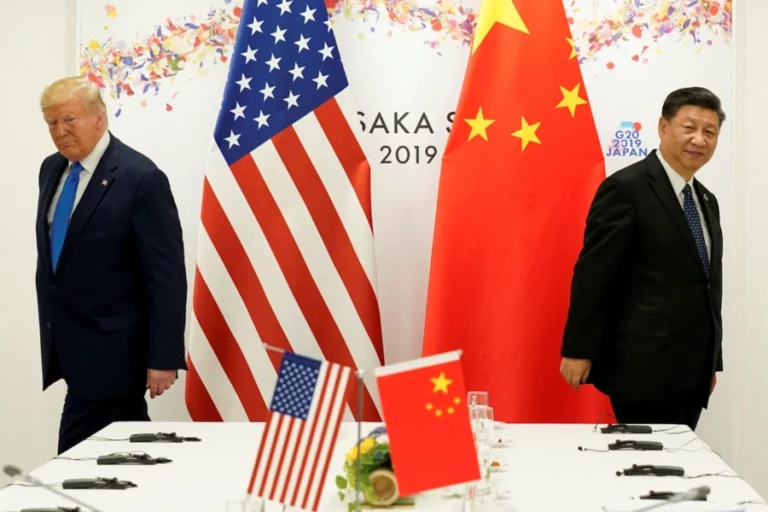Tokyo, Japan – In a move that underscores the growing acceptance of cryptocurrencies on the global stage, Japanese lawmaker Satoshi Hamada has proposed the establishment of a national Bitcoin reserve in Japan. This initiative echoes similar calls from countries like Argentina, Russia, and the United States, where discussions about incorporating Bitcoin as a strategic asset are gaining momentum.
Hamada, from the Party to Protect the People from NHK, submitted a written question to the government, urging the consideration of converting part of Japan’s foreign exchange reserves into cryptocurrencies like Bitcoin. He highlighted the actions of other nations, pointing out that the incoming administration of President-elect Donald Trump in the U.S. is contemplating the appointment of a “crypto czar,” and Brazil is also exploring the idea of holding Bitcoin as a strategic reserve asset.
The proposal comes at a time when the global financial landscape is witnessing a significant shift towards digital currencies. Japan, which has been a pioneer in cryptocurrency regulation since recognizing Bitcoin as legal property in 2017, is now contemplating leveraging its substantial foreign exchange reserves, which rank among the world’s largest, into digital assets. This move could potentially serve as a hedge against inflation or currency depreciation, similar to what has been suggested in other countries.
The idea of a Bitcoin reserve has been met with both enthusiasm and skepticism. Proponents argue that it could provide Japan with a non-sovereign store of value, particularly in light of the yen’s recent volatility and the country’s high debt-to-GDP ratio. Critics, however, caution against the volatility of Bitcoin and the risks associated with such a significant shift in policy, pointing to the need for robust security measures and the potential impact on international trade relations.
The call for a Bitcoin reserve in Japan reflects a broader trend where nations are reassessing their asset portfolios in the context of digital currencies. Brazil has already seen legislative proposals to allocate 5% of its treasury to Bitcoin, while in the U.S., states like Pennsylvania are considering state-level Bitcoin reserves, inspired by federal discussions.
Japan’s move could also be seen as an attempt to position itself as a leader in the Web3 space, following recent regulatory relaxations that allow for more crypto investments by venture firms. This legislative push by Hamada might encourage a reevaluation of Japan’s cryptocurrency stance, potentially influencing future policies not just for Bitcoin but for the broader digital asset market.
The proposal has sparked a lively debate both within Japan and internationally about the role of cryptocurrencies in national economies. While no immediate action has been confirmed, the conversation has undoubtedly been set in motion, with potential implications for how nations view and utilize digital assets in their strategic financial planning.
The government has yet to respond formally to Hamada’s proposal, but the topic has already begun trending on social media, with many in the crypto community celebrating this acknowledgment of Bitcoin’s potential as a national asset. As this discussion unfolds, it will be crucial to watch how Japan navigates this new frontier in economic policy, possibly setting a precedent for others to follow





Japanese lawmaker pushes for a national Bitcoin reserve, joining global calls to adopt BTC as a strategic asset.